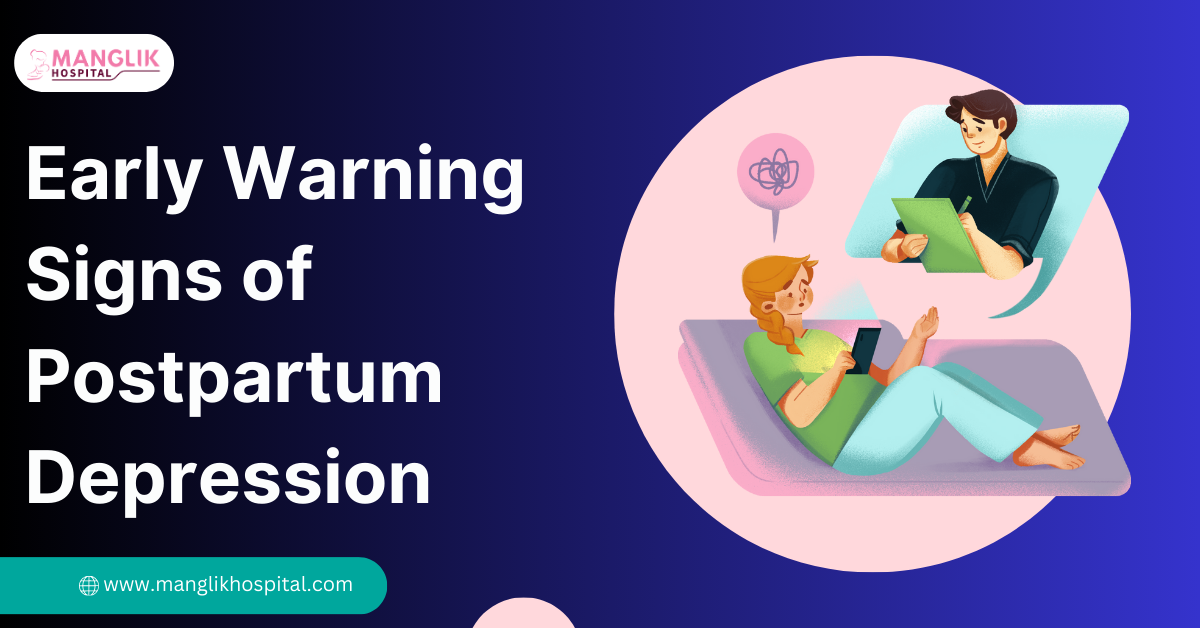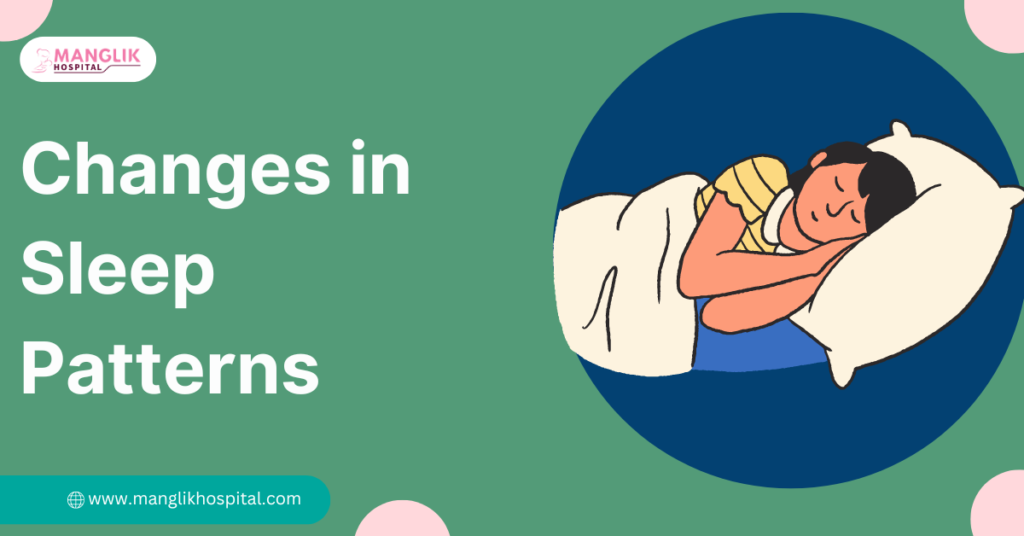
As women go through a series of powerful physical, emotional, and mental experiences during and after childbirth, giving birth can be a life-changing event. It’s important to be aware of the postpartum depression warning signs, as PPD is a risk factor for new moms during this period of increase fear and anxiety. Postpartum depression is a serious mental health condition that affects women after giving birth. PPD affects 20–25% of Indian first-time mothers.
Postpartum depression warning signs damages a new mother’s sleep, food, and energy and is identified by intense feelings of sadness, hopelessness, indifference, or anxiety. Depression prevents new mothers from developing a strong attachment or bond with their child, and they ultimately blame themselves for this. PPD can occur suddenly or gradually and can start at any point in the first year following childbirth. Women can receive early assistance and a diagnosis of postpartum depression by being aware of its warning signals.
Table of Contents
Postpartum depression warning signs
Prolonged Baby Blues
After giving birth, the majority of new mothers experience the baby blues, which include mood changes, anxiety, sadness, constant crying, difficulty concentrating, issues with eating, and difficulty falling asleep. The mother may have postpartum depression if these feelings persist for more than two weeks and make it difficult for her to bond with the infant and do daily duties. PPD can last for up to a year following the baby’s delivery and is far more worse and dangerous than baby blues.
Pessimistic or Guilty Thoughts
In the initial days following childbirth, a new mother may experience enormous feelings of sadness. But if she frequently breaks down in tears, thinks negatively, or feels guilty all the time for not being a better mother, postpartum depression warning signs can be her reality.. One of the first indications of PPD is feeling guilty, worthless, and hopeless all the time, or constantly doubting one’s skills. Rather than letting guilt, negativity, or fear overtake them, new moms should discuss their thoughts with a professional.
Upon the birth of their child, many mothers may find it challenging to return to their previous routines. However, the incapacity to enjoy past interests, pastimes, or experiences can be a red flag for postpartum depression. A new mother may be suffering from postpartum depression, for example, if she no longer enjoys eating her favourite meals, watching her favourite films, or spending time with her husband. PPD symptoms include losing interest in previously appreciated activities or distancing oneself from past interests and even family members.
Difficulty Making Decisions
After giving delivery, some women may find it difficult to focus on activities and duties or make judgements. Women who are experiencing postpartum depression may reveal uncertain things about showering, changing the baby’s diaper, or even getting out of bed. PPD-affected women may experience enormous tiredness or a loss of focus and logical ability, which might hamper their ability to reason clearly or come to a conclusion.
Changes in Sleep Patterns

While it is common for new mothers to have changes in their sleeping patterns due to the demands of caring for a newborn, it may be a sign of postpartum depression if they are unable to get any rest or sleep at all. PPD-affected women may have great difficulties sleeping or staying asleep, experience unrestricted daytime tiredness, and have difficulty falling asleep at night. Symptomatic new mothers should see a physician as soon as possible.
Loss of Appetite or Overeating
A woman may experience changes in her dietary habits following childbirth, among many other changes. However, these modifications should go away in a week or two. A new mother may be suffering from postpartum depression if she still doesn’t feel like eating or if she starts overeating or binge eating. Speak with an expert as soon as possible rather than ignoring these signals or hoping they go away.
Conclusion
The majority of spouse moms who experience postpartum depression are ashamed or uncertain to accept it. However, they cannot be helped or healed unless they are identified. In order to fully enjoy their new life with their newly born baby, women should get therapy as soon as possible rather than waiting for their condition to improve.
FAQS
1.What are the early warning signs of postpartum depression?
Ans- Anxiety, frequent crying, negative thoughts, excessive guilt, worthlessness, hopelessness, loss of interest in activities, changes in appetite or sleep patterns, difficulty bonding with the baby, thoughts of harming oneself or the baby are some of the early warning signs of postpartum depression.
2.How soon after childbirth can postpartum depression symptoms appear?
Ans- In addition to developing at any point in the first year following childbirth, symptoms of postpartum depression can also emerge in the initial weeks following delivery.
3.Are there specific risk factors that make someone more prone to experiencing postpartum depression?
Ans- Indeed, a number of factors, such as a history of anxiety or depression, stressful life events during pregnancy or childbirth, a lack of social support system, relationship problems, financial stress, and hormonal variations, might raise the chance of developing postpartum depression.
4.Is it common for partners or family members to notice the early signs of postpartum depression before the mother does?
Ans-It is true that family members or partners may catch early symptoms of postpartum depression before the mother does. They could notice behavioural, emotional, or interactional changes in the infant that point to a problem. The mother might seek assistance early on if support and encouragement are given.
